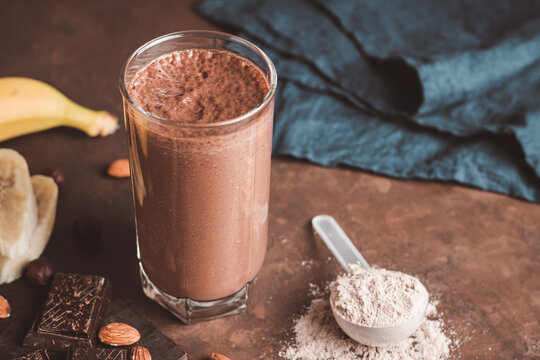Whey protein is a popular supplement among athletes and fitness enthusiasts due to its high-quality protein content and ability to support muscle growth. However, there has been ongoing debate about whether whey protein can cause acne, or if this is a matter of muscle-growth myth. Let’s explore the potential link between whey protein and acne development.

Understanding Whey Protein
Whey protein is derived from milk and is one of the two primary proteins found in dairy products, the other being casein. It is commonly used in protein powders and supplements due to its quick digestion and rich amino acid profile, which makes it ideal for post-workout recovery.
The Link Between Dairy and Acne
Dietary factors, including dairy consumption, have been implicated in acne development. Some studies suggest that dairy products can increase levels of insulin-like growth factor 1 (IGF-1), a hormone that can promote acne. However, the evidence is not conclusive, and not all dairy products have been linked to acne. For instance, yogurt and cheese are generally not associated with acne development.
The Connection with Whey Protein and Acne
Given that whey protein is a dairy product, it is reasonable to question whether it can cause acne. Some case reports have suggested a link between whey protein supplementation and acne, particularly in bodybuilders. However, these reports are anecdotal and lack the rigorous controls needed to establish a definitive cause-and-effect relationship. It’s important to remember that Whey protein is a dairy product and dairy intake has been shown to contribute to acne, along with some other foods.
Can Too Much Protein Cause Acne?
There are a few potential mechanisms by which whey protein could contribute to acne. Whey protein can cause an increase in IGF-1 levels, which may stimulate sebaceous glands and increase oil production, leading to acne. They can also create Hormonal Changes. Some components of whey protein, such as leucine, can influence hormone levels and potentially trigger acne in susceptible individuals.
What Proteins Are Better For Your Skin
It’s important to note that acne is a multifactorial condition influenced by genetics, hormones, stress, and environmental factors. While some individuals may experience breakouts after consuming whey protein, others may not notice any effect. Other contributors such as oily skin, hormonal disruptions and dietary habits can all play a role in acne development.
While there’s no need to outright avoid whey protein for fear of a breakout, understanding that if you’re already acne-prone, it might not be the best choice for your next pre-workout smoothie.
Whey Protein Alternatives
There are some alternatives you can consider using instead of Whey Protein. For those who suspect that whey protein may be contributing to their acne, there are several alternative protein sources to consider.
Pea Protein is a plant-based protein that is hypoallergenic and less likely to cause acne. Hemp Protein is another plant-based option that is rich in omega-3 fatty acids, which can help reduce inflammation. Egg White Protein is a dairy-free option that provides a complete amino acid profile without the potential acne-triggering effects of whey.
While there is some evidence to suggest that whey protein may contribute to acne in certain individuals, the overall link remains weak and not well-established. If you are concerned about acne and whey protein, consider experimenting with alternative protein sources and monitoring your skin’s response. As always, it’s best to consult with a healthcare professional or dermatologist for personalized advice.
